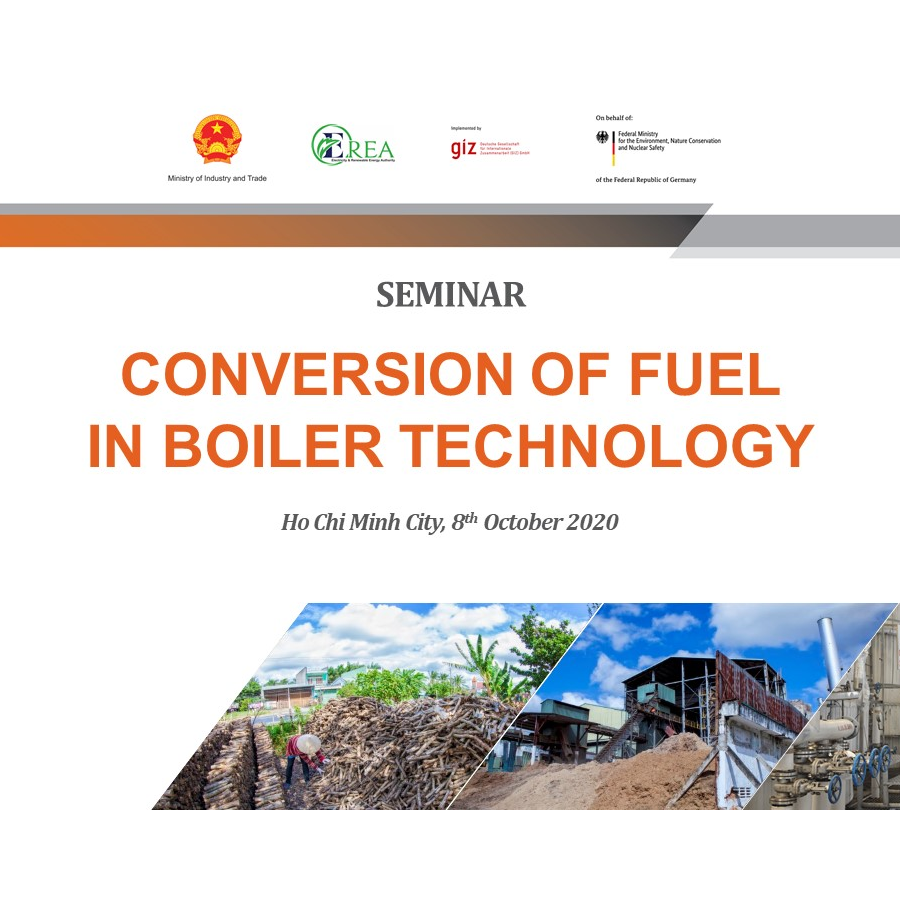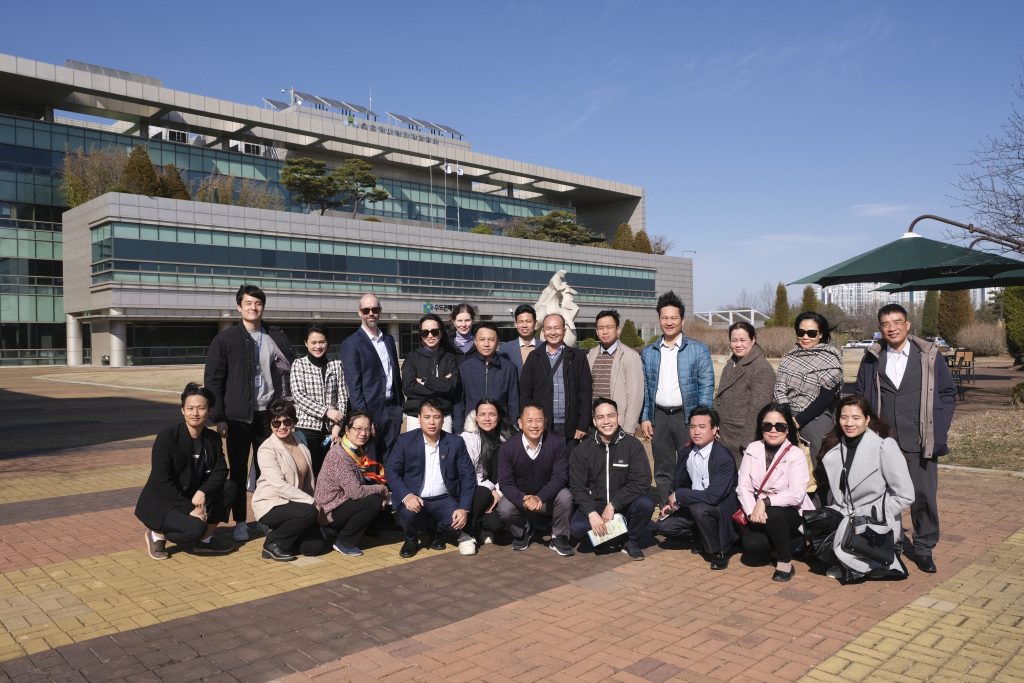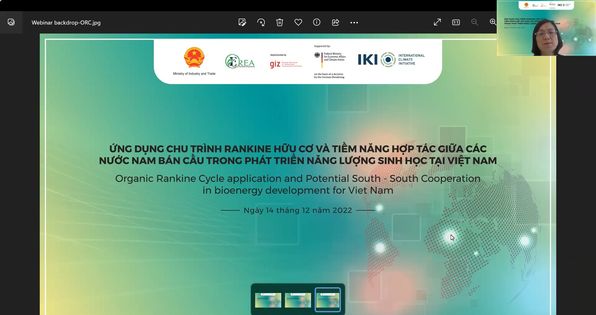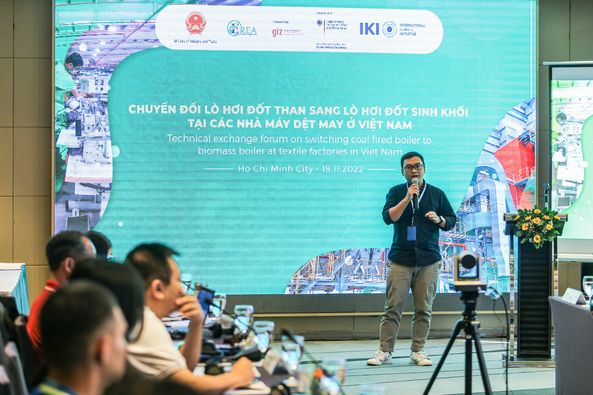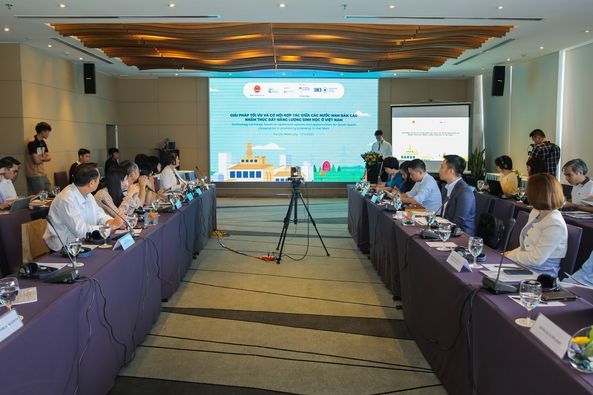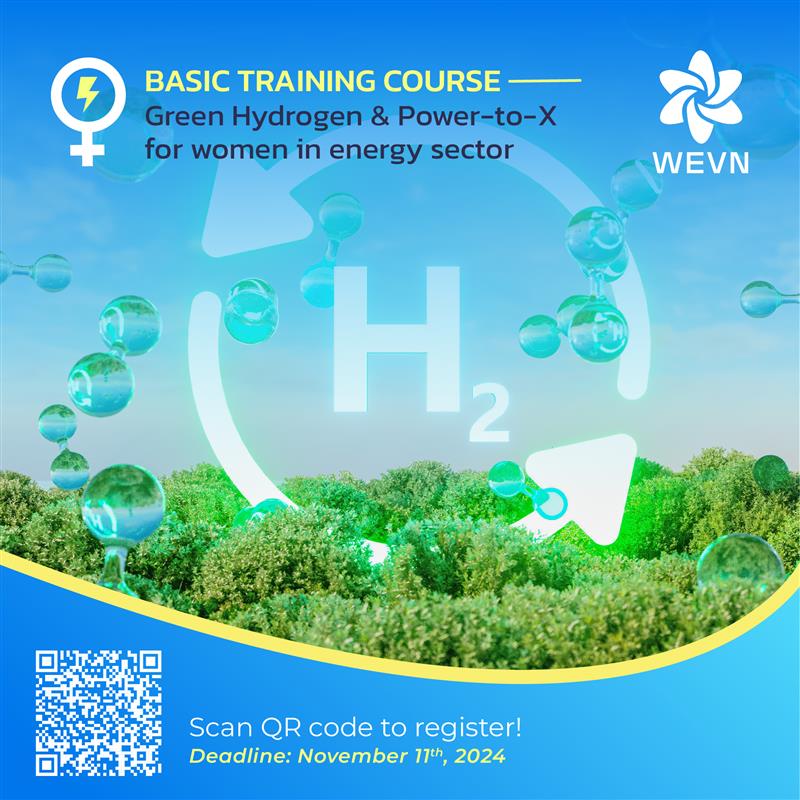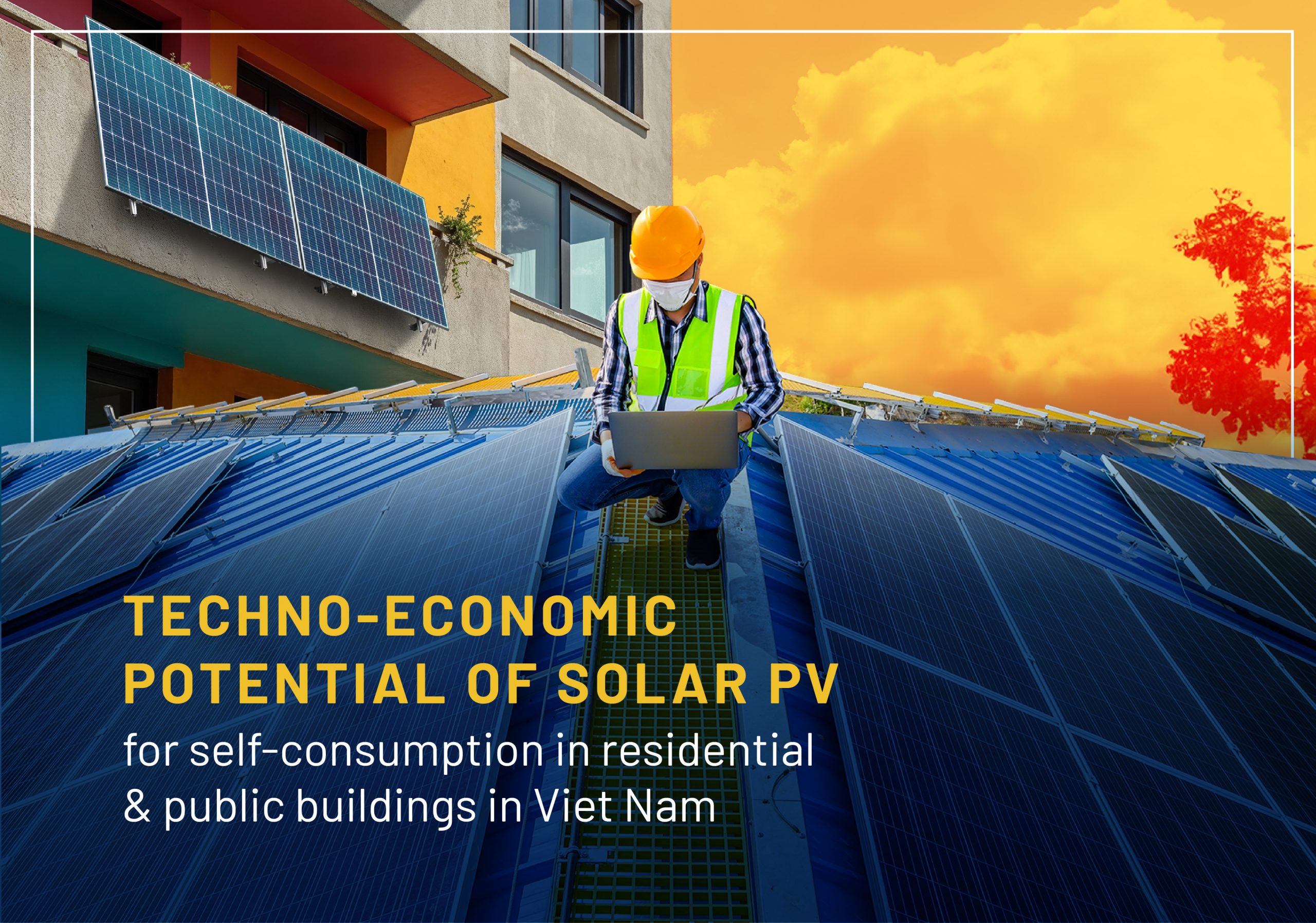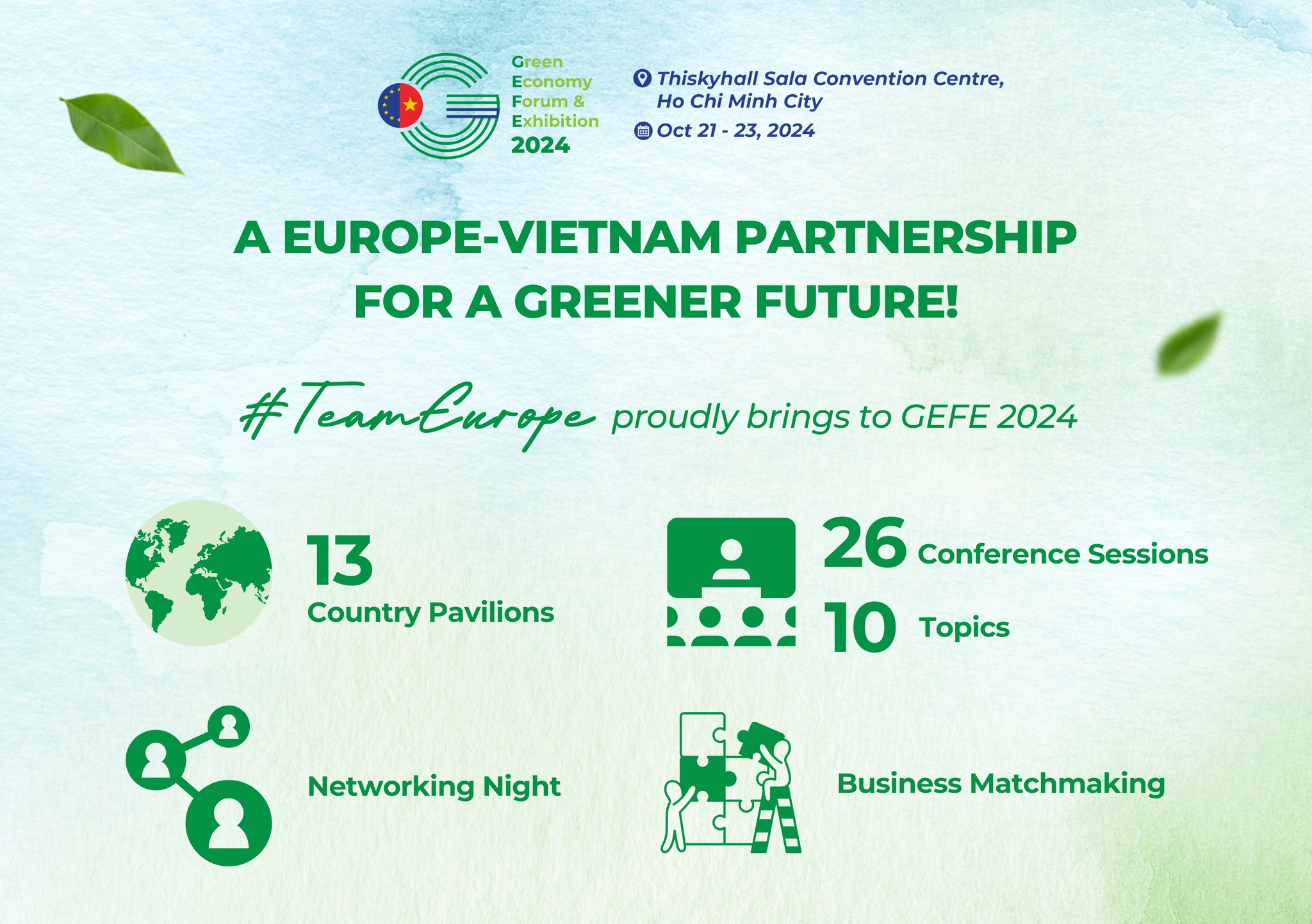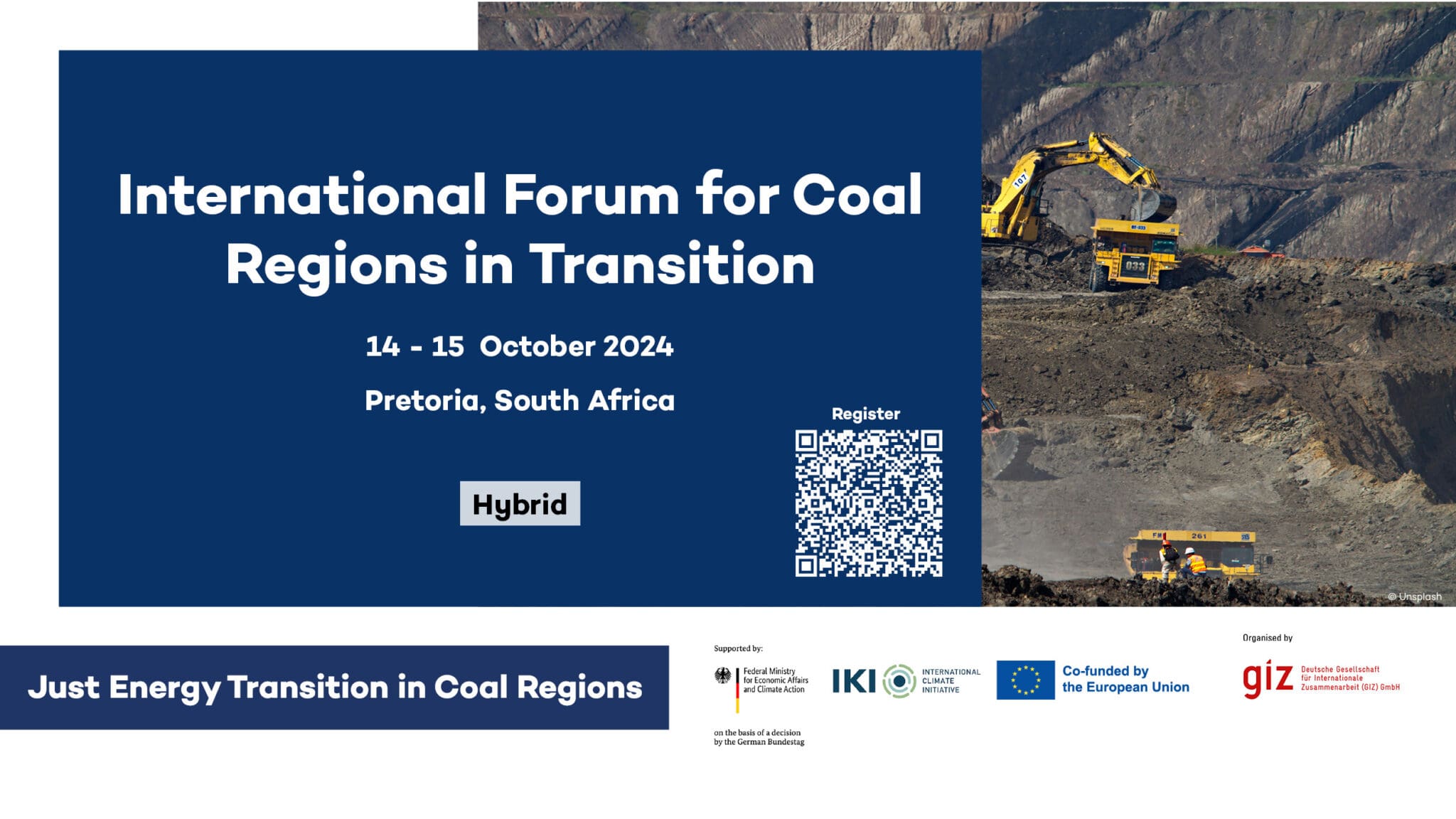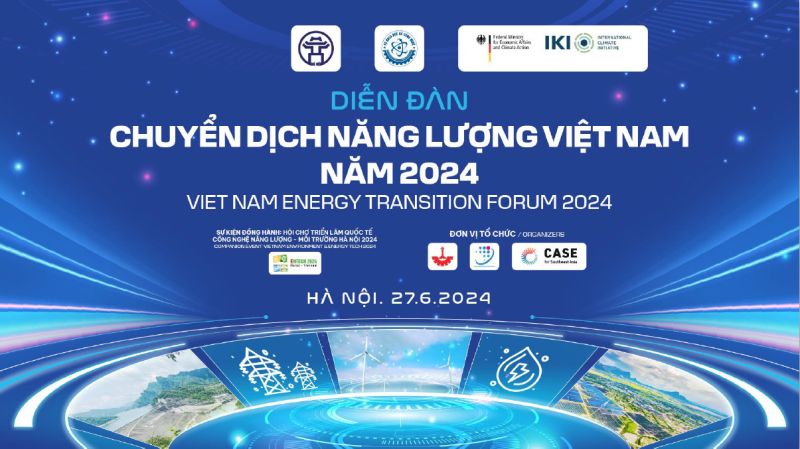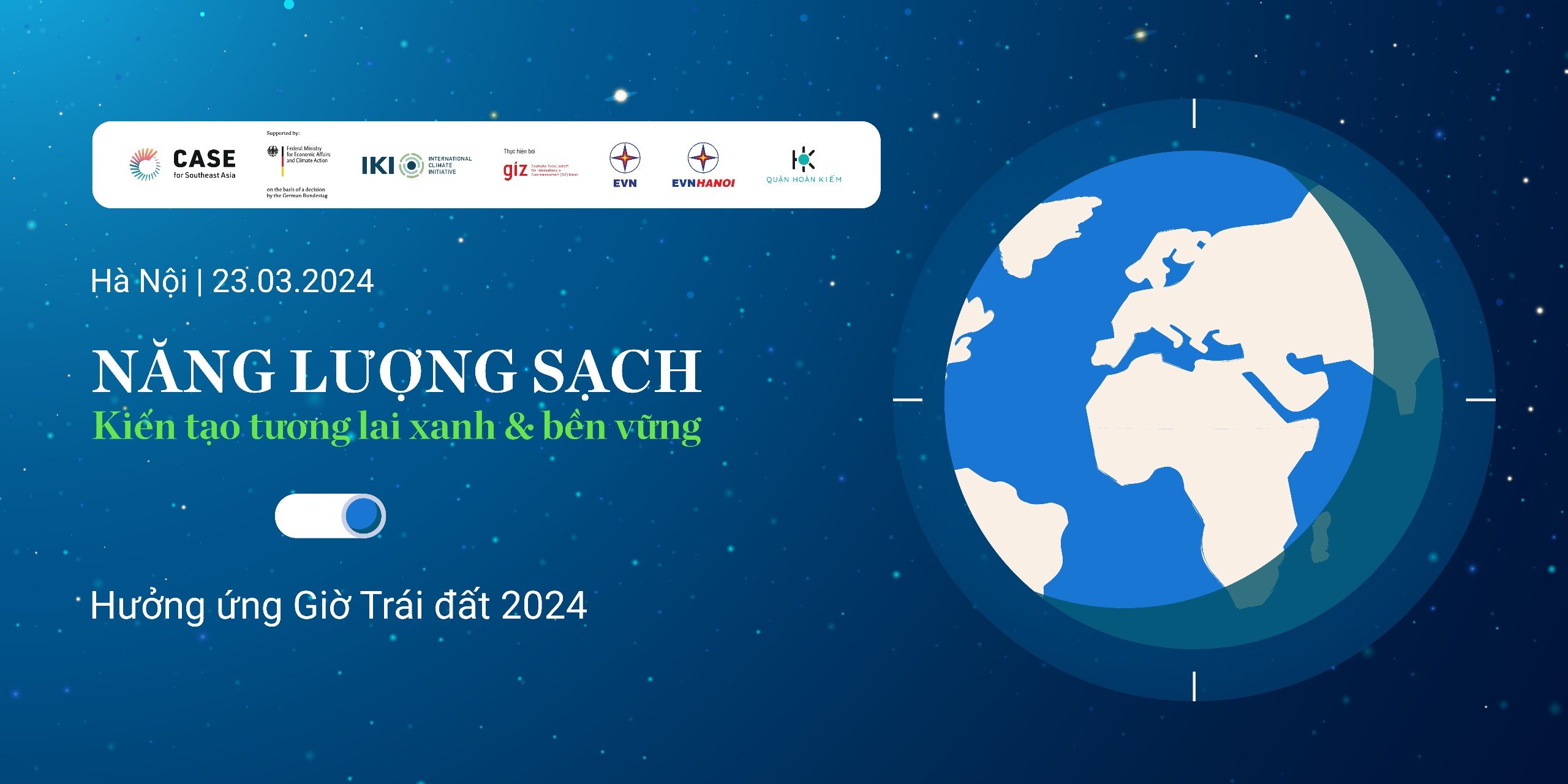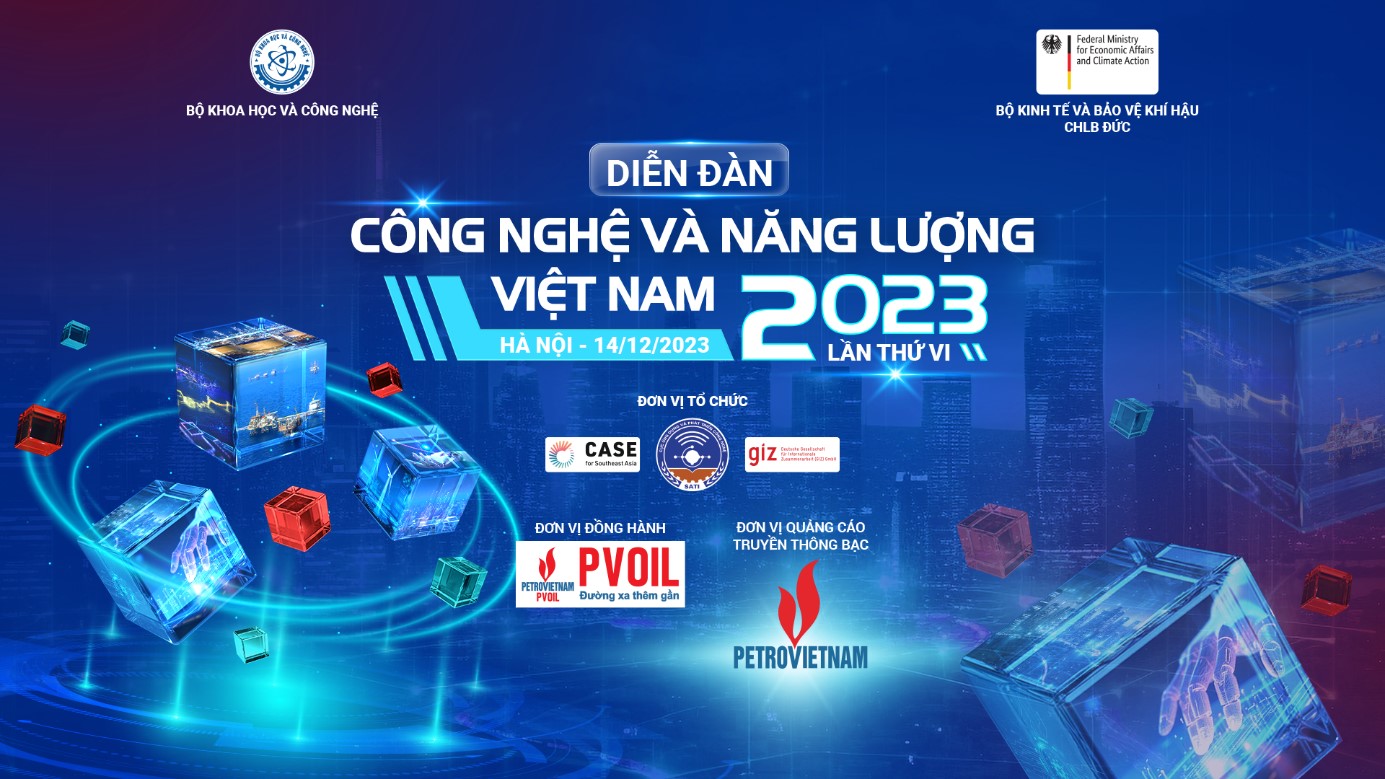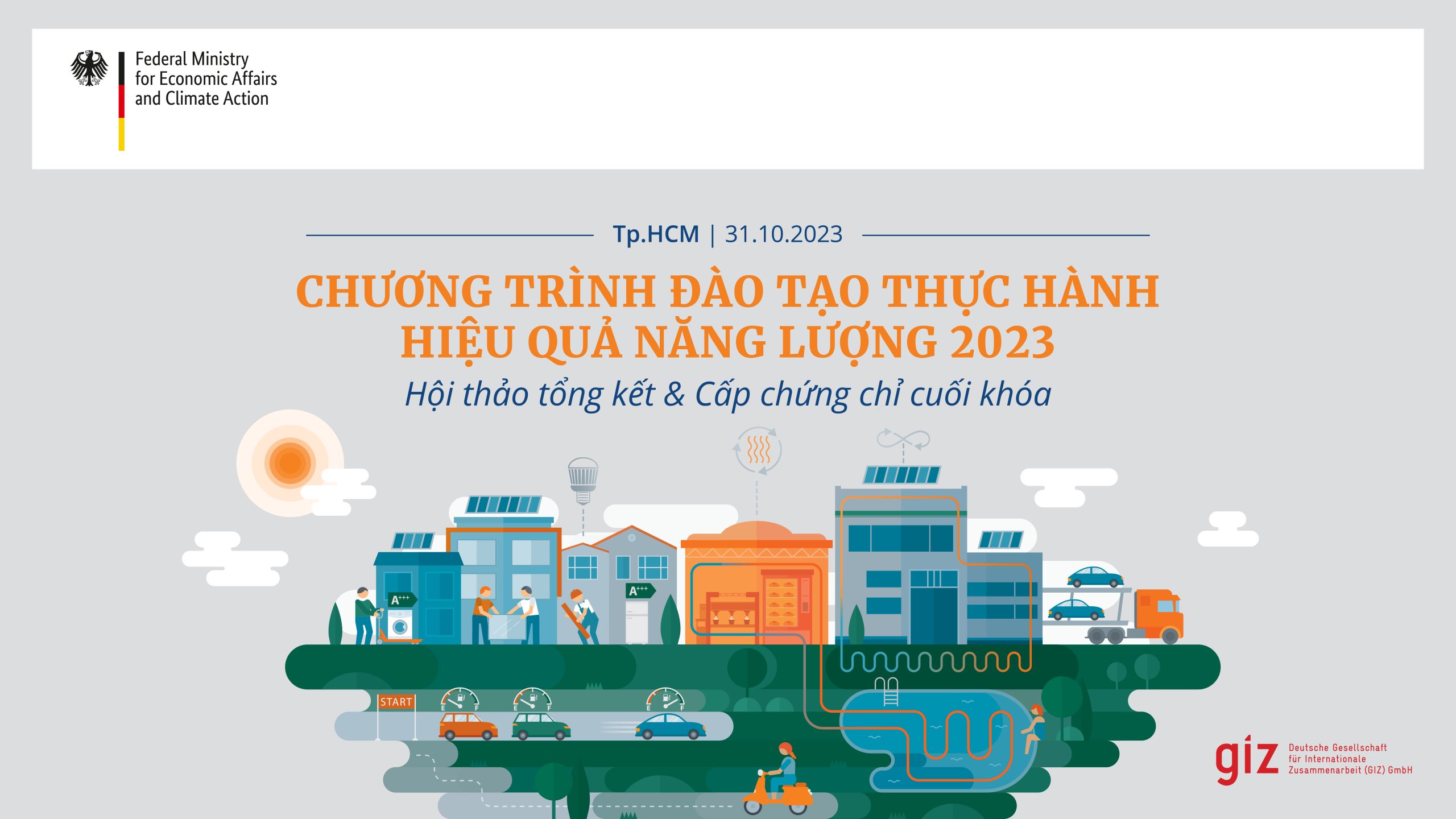 On October 8 – 9, GIZ and Decathlon Viet Nam co-organised a seminar on information and concerns over the transition process from coal to biomass in boiler technology, aiming at reducing CO2 emission through sustainable biomass utilization.
On October 8 – 9, GIZ and Decathlon Viet Nam co-organised a seminar on information and concerns over the transition process from coal to biomass in boiler technology, aiming at reducing CO2 emission through sustainable biomass utilization.
Participants of the seminar included representatives of Decathlon Viet Nam and its suppliers, Viet Nam Textile & Apparel Association, GIZ-implemented Climate Protection through Sustainable Bioenergy Markets in Viet Nam (BEM) and Promoting Sustainability in the Textile and Garment Industry in Asia (FABRIC) projects, experts from Hanoi University of Science and Technology, Energy Conservation Research and Development Center (ENERTEAM), and Dong Duong Company. The moderators were BEM’s project officer.
In the first day of the event, experts and consultants shared knowledge about bioenergy, biomass combustion characteristics, differences in the burning process of coal vs biomass in the boiler, combined heat and power (CHP) system, technical aspects, dust control, steam efficiency and energy management. To promote this green transition, the participants were provided with details about the cost breakdown of the conversion and biomass supply market.
The second day included a field trip to Dong Duong Company’s factory, where boiler’s input is only biomass. The participants studied the boiler’s operation and maintenance issues by closely observing their automatic control system, the system capacity to respond to the actual load, and other technical requirements. 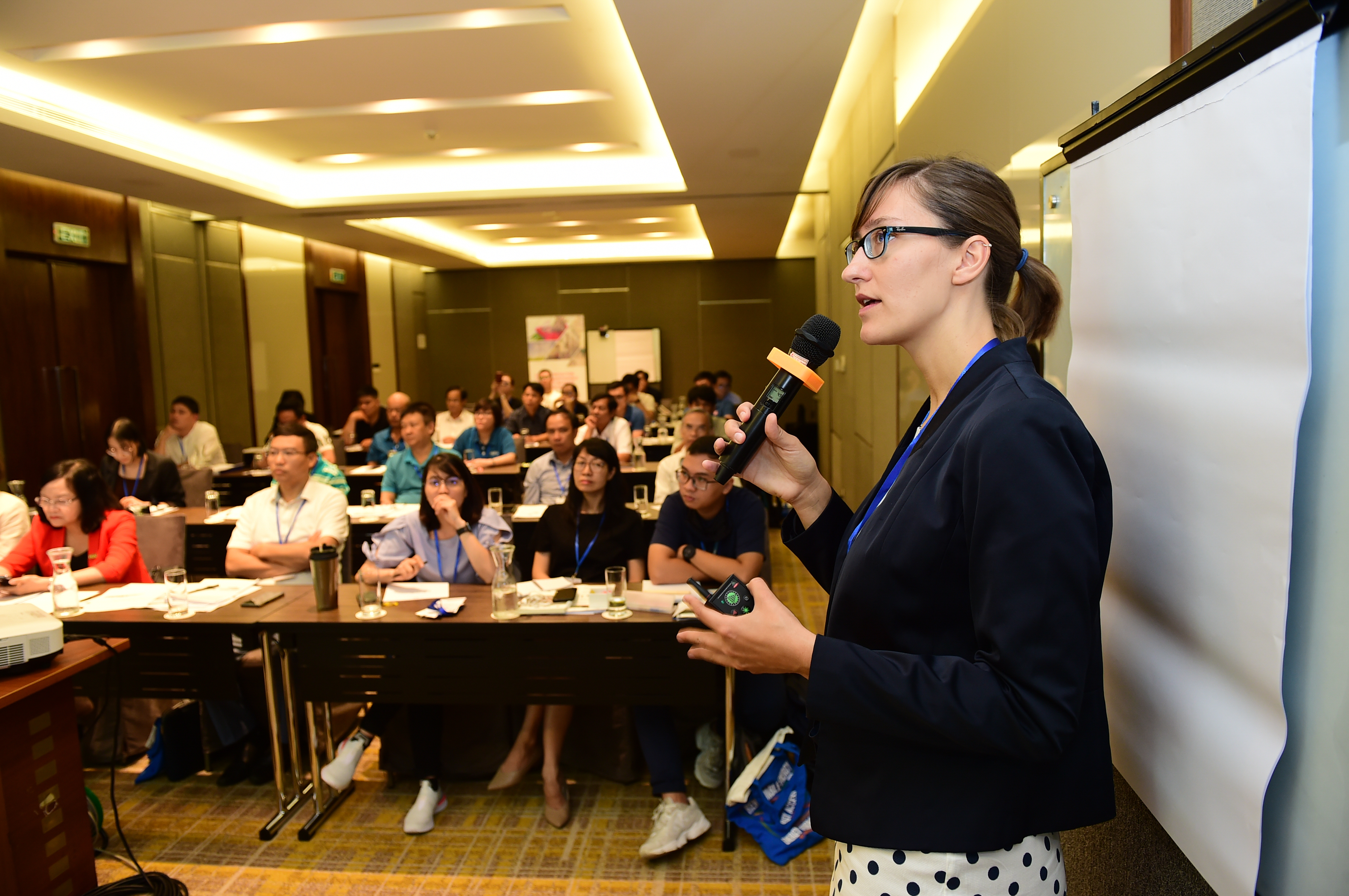
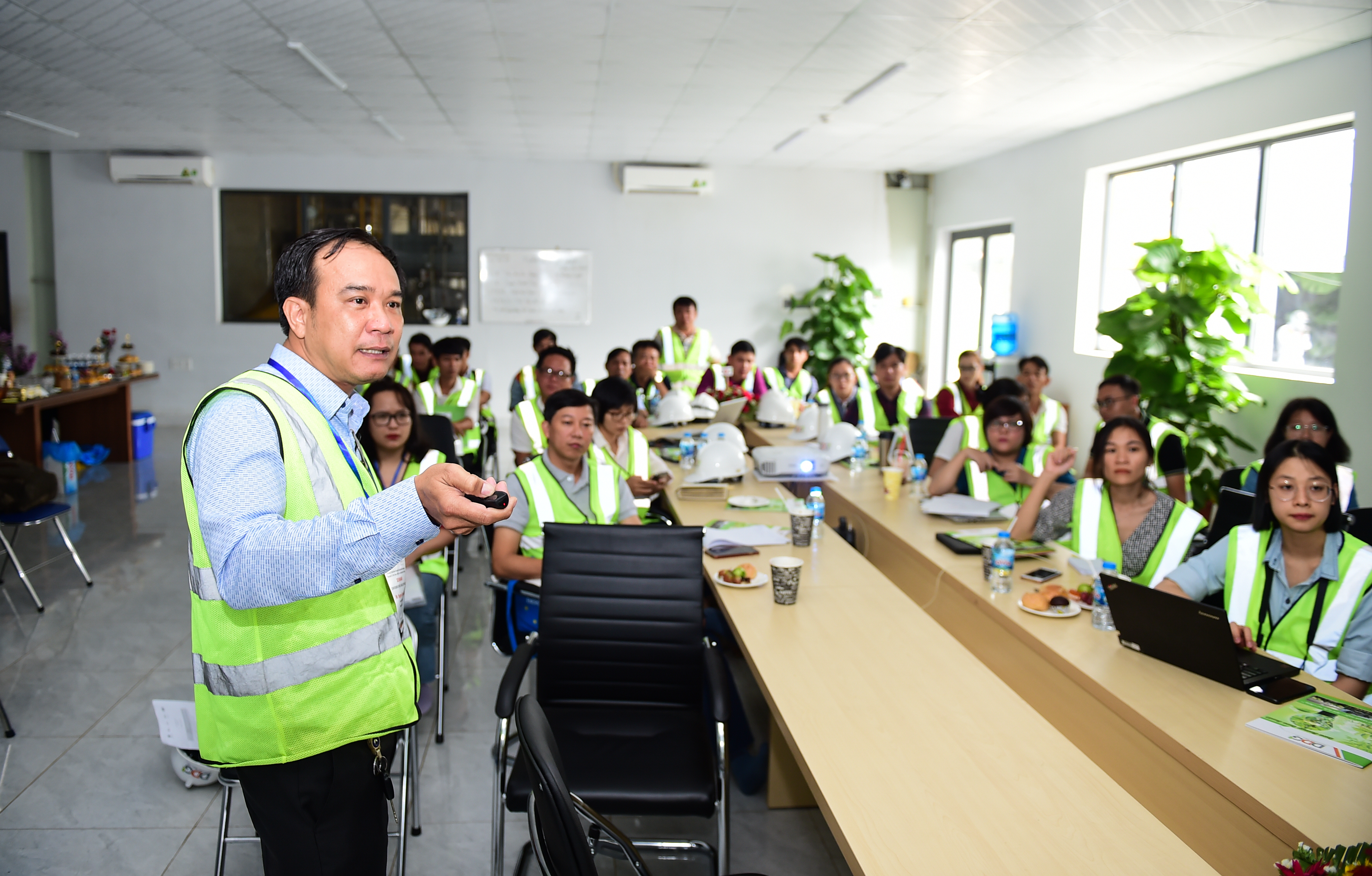
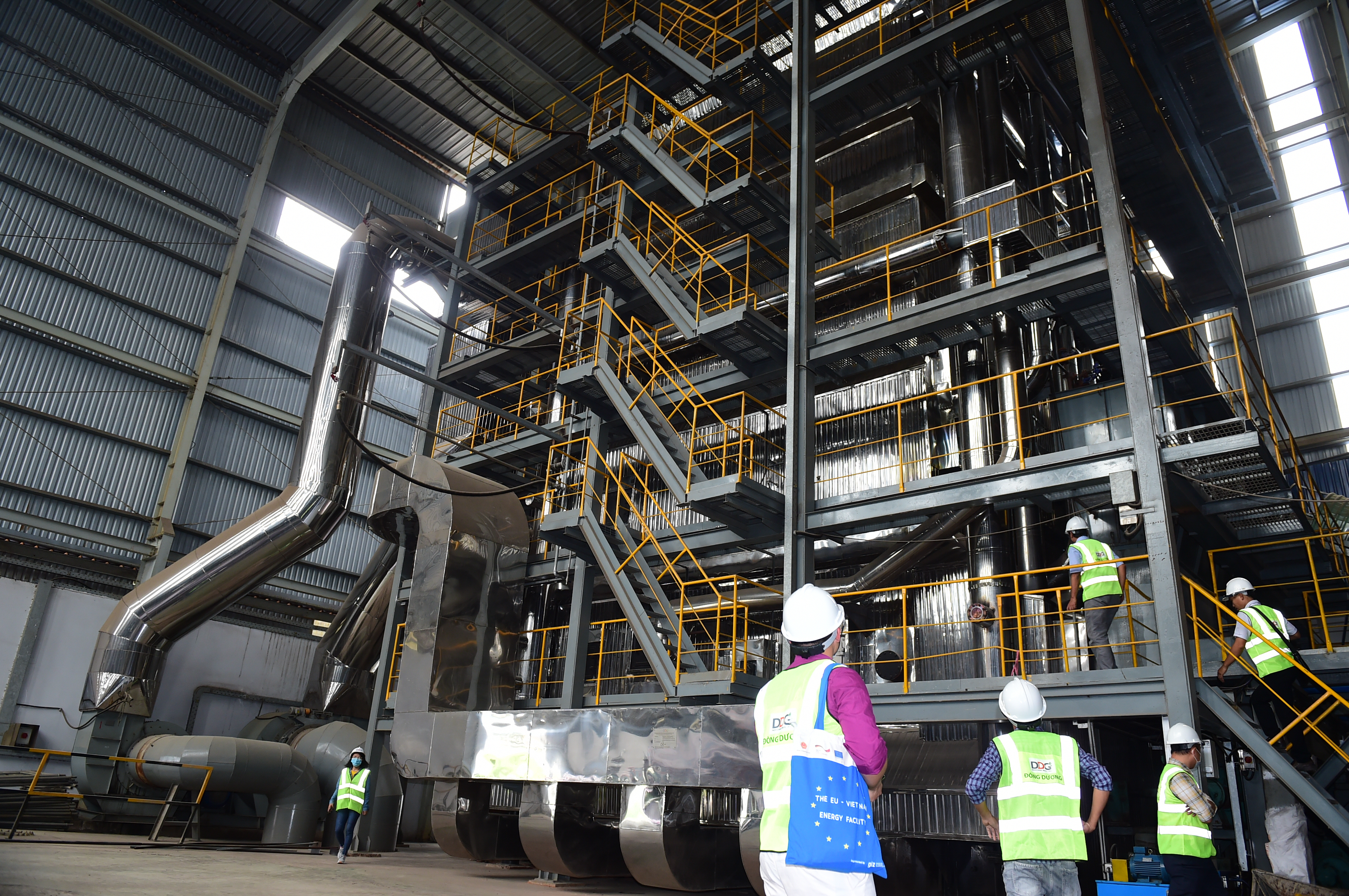

________________________________________________________________________
The seminar is a part of the Climate Protection through Sustainable Bioenergy Markets in Viet Nam (BEM) Project, which is jointly implemented by GIZ and Electricity and Renewable Energy Authority (EREA)/Ministry of Industry and Trade. The project is commissioned by German Federal Ministry for the Environment, Nature Conservation and Nuclear Safety (BMU).
Read more about the BEM project here.



